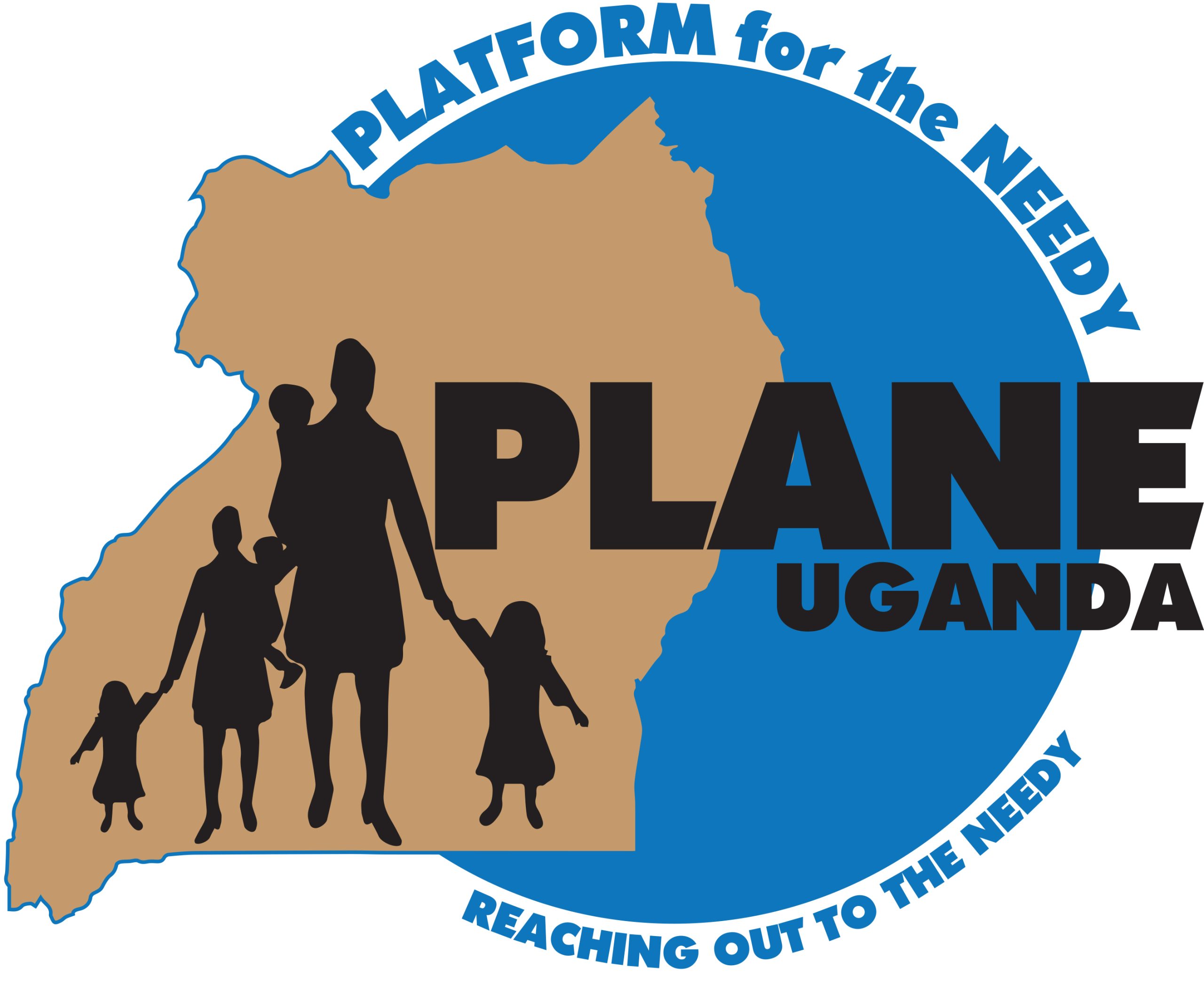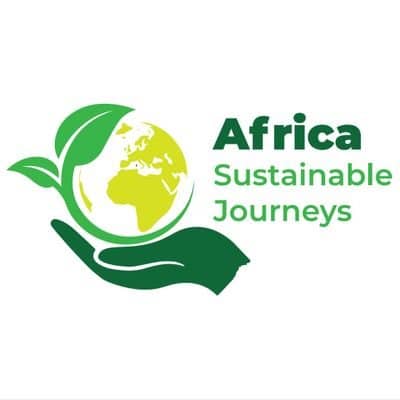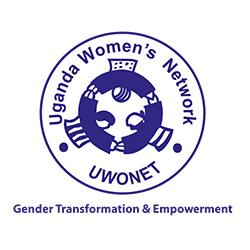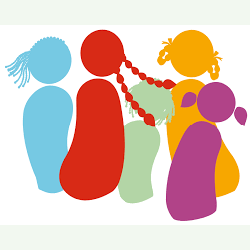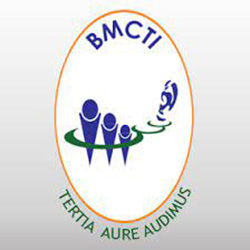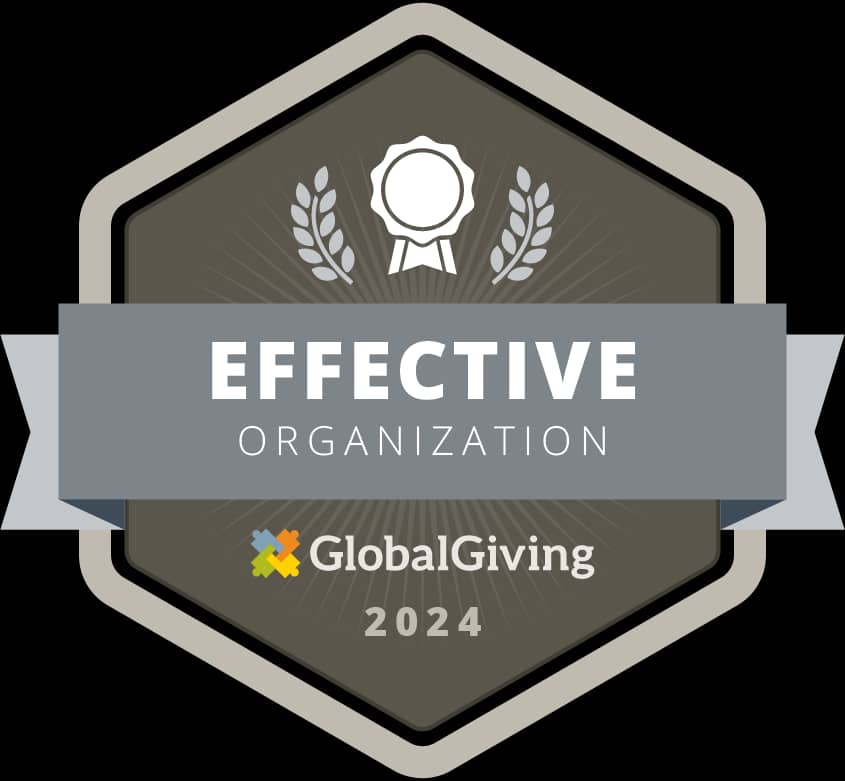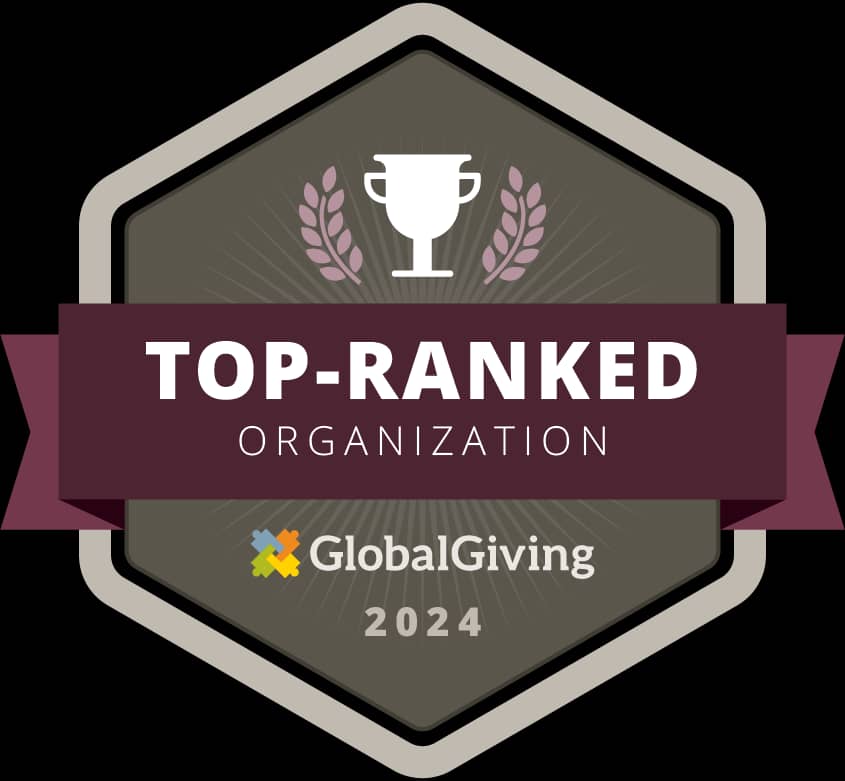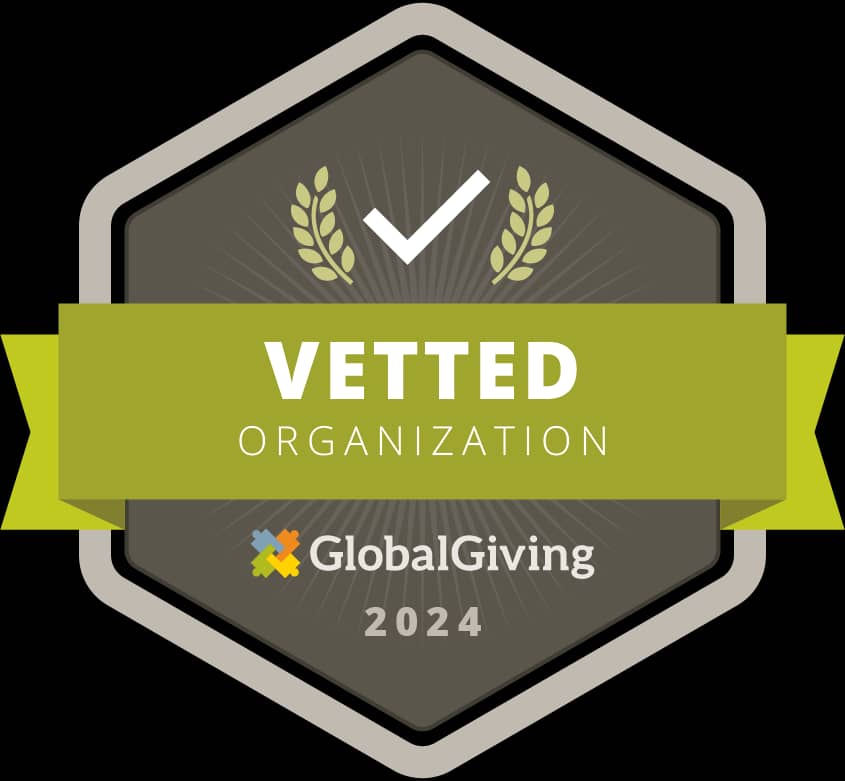Maj. Rubaramira Ruranga has described people getting infected with HIV today as being “reckless”.
He is the executive director of National Guidance and Empowerment Network for People Living with HIV/Aids, Uganda (NGEN+).
The renowned HIV/AIDS activist said it is unfortunate that many people continue to live irresponsible lives despite the various sensitisation programmes by government over the epidemic.
“We are about 1.6 million people with HIV and only about 50% access drugs,” said Ruranga, who has previously come out on his HIV-positive status.
“We are worried that if the number increases, the government might decide to change its mind because the treatment is expensive. That’s why those of us already on drugs see those contracting HIV today as encroachers,” he said.
“Drugs should be for those who contract HIV by mistake – during birth – but not for those who just decide to be reckless.”
Ruranga made these remarks at the second Intergenerational Dialogue at National Water and Sewerage Cooperation (NWSC) – International Resource Centre in Kampala on Saturday26th September,2015.
‘Right choices’
The dialogue was organised by Reach A Hand Uganda (RAHU) under the theme: “Nurturing and strengthening linkages between the young and older generations to address the current Sexual and Reproductive Health needs in Uganda”.
It was sponsored by MTV Africa, Rutgers, SEGAL, Family Foundation and UNESCO, among others. “We have to know that government has many other issues to cater for apart from HIV,” underlined Ruranga.
He advised the youth to live responsible lives, and asked parents and guardians to talk to their children on sexuality issues to help them make informed choices.
Ruranga noted that lack of guidance among the youth has led to reckless lifestyles thus leading to reckless sexual behaviors, which he said has led to more unwanted pregnancies and HIV infections.
“Parents are supposedly the closest people to their children and can easily implant moral principles in children to help them make right choices,” he said.
HIV will ‘squeeze you’
However, Ruranga also pointed out that parents also need to be educated on issues of sexuality and skills to use while talking to their children.
“We need to promote issues sexuality and HIV awareness in rural areas. Many young people in rural areas are ignorant, that is why we see more young girls carrying babies and at times they die giving birth or contract HIV,” he added.
Ruranga asked youth to rethink their choices, saying that “HIV is real”.
“I am still alive because I have knowledge but many people die because of ignorance. But is it the kind of life you want to live?
“Many young people think because there are drugs, they can have sex anyhow. The virus will catch you, squeeze you, and you will not reverse it,” he said.
Meanwhile, Dr. Maggie Kigozi, a consultant at UN Industrial Development Organisation (UNIDO), said many parents are shy to talk about sexuality issues with their children.
“If you are shy, then use other close relatives or friends. We also need to promote peer-to-peer education to reach more youth,” she said.
On his part, Humphrey Nabimanya, the RAHU team leader, said a comprehensive School Health Policy must be implemented to help children as they grow up.
Rev. Sam Reteikara, from All Saints Cathedral, said elders need to come out of the conspiracy of silence and speak boldly about sexuality.
The acting executive director of Rutgers, Jos Dusseljee, said with the increasing numbers of youth and opportunities available to them, young people need to be supported to proactively drive the agenda from meaningful inclusion.
“Such a dialogue helps to strengthen the linkages between different generations on Sexual Reproduction and Health Rights (SRHR).”
The event attracted hundreds of youth, health experts and older people.
According to the health ministry, new infections dropped to 127,000 cases in 2014, down from 137,000 recorded in the year 2013.
The findings released early this year based on records from district health facilities across the country show that 1.6 million people are HIV positive.
